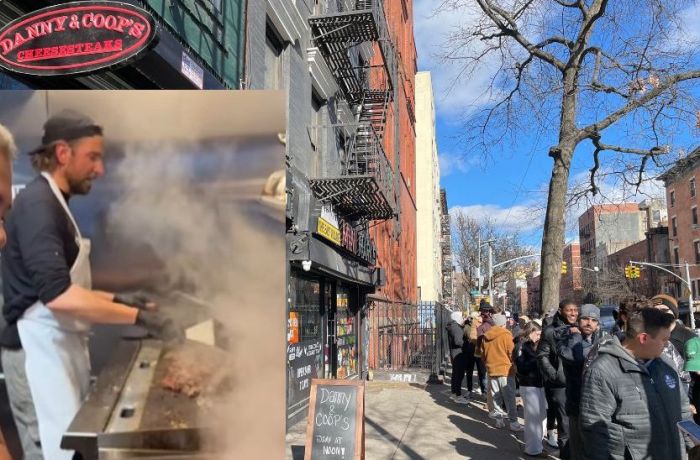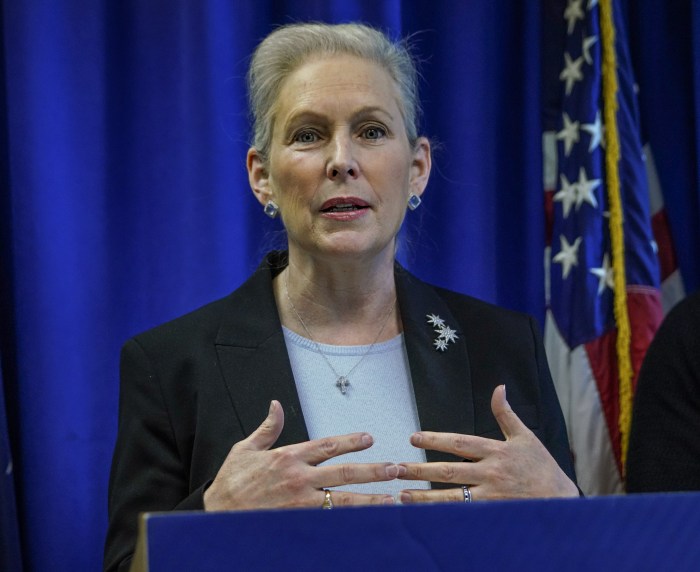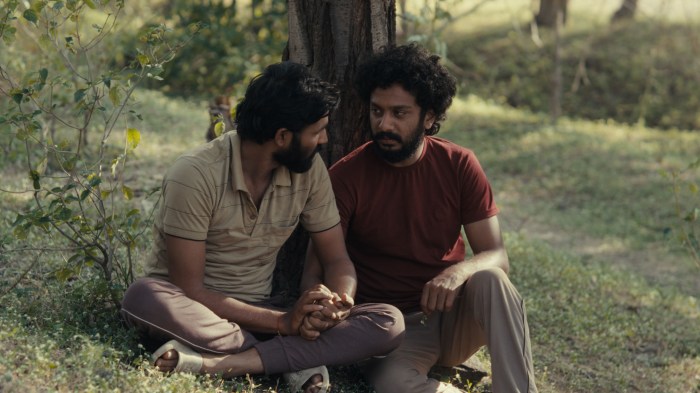Abdul Qayum left his home at Sangla Hill, a small historic city in Punjab, Pakistan, in 1990 in search of economic opportunity in America. For the past 33 years, he has lived in New York, working for two decades as a taxi driver. Looking back on his life as an undocumented immigrant, Qayum wonders, what he has gained and more importantly what he has lost.
Qayum belongs to a group of undocumented immigrants who have spent more than three decades in the United States without obtaining citizenship. Living in the U.S. has helped Qayum, send money back home to support his family members, but he cannot risk leaving the U.S. to visit them. In that sense, Qayum’s reality exemplifies the potential future for thousands of recent migrants who have arrived in New York and other American cities – men and women who may find themselves trapped in America, unable to return home to visit loved ones whose survival and aspirations they must tirelessly work to fund.
Undocumented, overworked and underpaid
When Qayum arrived in New York, he did not know many people in the city and thus lacked a network that typically helps incoming immigrants like him, get jobs. He spent the first few days selling newspapers on the street in chilling cold, without any warm clothes, and a few weeks later found work in a local paint store. He remembers realizing that he was only employed because his immigration status allowed his employers to keep his wages low, and his hours high.
“There was an American man who worked at the store for $10 an hour,” Qayum recalled. “He came in daily, worked his 8 hours, took the cheque and went away. I, on the other hand, worked at least 10 hours daily and was paid $50 per day.” On a daily basis, Qayum came in early morning to open the store and stayed until late night to close it. He also came in on weekends if a client wanted service. He spent five years on the job before starting work at a local car service and later transitioning into a full-time taxi driver.
“I have worked for as much as 16 hours a day, driving a taxi. For 7 days a week, I only worked,” Qayum said. This is because in order to support his family back home, he had to first earn enough for his own housing and sustenance and then save on top to send money back home. Through this continuous hustle, he was able to not only support his family in Pakistan but also help them afford to build a new house.
Qayum’s story is common. Data suggests that undocumented immigrants usually earn significantly less than locals for the same work and wage theft is commonplace.
Fahd Ahmed is the executive director at DRUM (Desis Rising Up and Moving), a community organization that works with undocumented South Asian and Indo-Caribbean immigrants. Ahmed also arrived in the U.S. as part of an undocumented immigrant family in the late 1990s. He later became a U.S. citizen and has been working with undocumented migrants for two decades. Ahmed said undocumented immigrants are consistently subjected to longer working hours, low wages or wage theft, and unfit working conditions. As a result, they work multiple jobs to support their families both in the U.S. and back in their home countries. This workload makes them particularly vulnerable to chronic depression, anxiety, and substance abuse.
“They don’t really have a life of their own. They don’t have time for friends. They don’t have time to have social relationships. They work, they sleep, they send money home; they work, they sleep, they send money home,” said Ahmed.
The Cost of Upward Mobility
In his teenage years, Qayum was a popular athlete in his village. He played cricket, the most popular sport in Pakistan, and ran a cricket club in the city. His childhood friends recall an outgoing, energetic, and lively young man who was always admired for his initiative.
Today, however, Qayum seems anything but youthful. It now seems as if years of grind and toil has forced him to wear a piercing gaze and an impassive expression. He speaks of little habits that he has carried since his childhood – such as always maintaining clean clothing – but pauses to also say that he now feels like “everything has died inside.” Qayum says that working all day in what is supposed to be a foreign land “it is very painful and lonely to go back to an empty home. There is no one to talk to. It is up to us; we eat when we feel like it and sometimes, we don’t.”
Abdul Qayum has two younger brothers back in Sangla Hill, Pakistan. They were in their teens or early twenties when they saw Qayum for the last time and have since then managed the household in his absence. They both say that in order to fulfill his ambition to move abroad to support his family better, their elder brother has missed witnessing crucial milestones in their lives, particularly their parents’ deaths.
Qayum remembers the day his father passed away. “I was already on my way to another funeral that day,” he says, “I was in the car when I got the call about my father dying. I couldn’t go to the funeral.” He says that the passing away of both his parents led to the most difficult days in his life. “Even now when someone mentions their parents, I get upset and sometimes tear up.”
Qayum shares this predicament with thousands of others. The American Psychiatry Association has suggested that undocumented immigrants often suffer from trauma before, during, and after the migration process. Factors such as isolation, racial profiling, separation from family, low socio-economic status, housing segregation, etc. contribute to an increase in the likelihood that such immigrants develop mental health issues.
Qayum now feels stuck. While he constantly battles the urge to uproot everything and go back home, he also feels like a citizen of a country he has spent the most important years of his life. “I have been paying my taxes every year for thirty years, even some Americans do not do that,” Qayum said adding, “I feel like a citizen in this country as much as anyone else.”
Qayum is worried that the newly arriving migrants might also fall into the same trap as he did. “Other Abdul Qayums like me, who are not very educated, should know that nothing will be easy for them now, whether they are a taxi driver like me, or are working in a store. The store owner will make you stand for ten hours straight, and you won’t be able to do anything about it,” Qayum said adding: “If I were to have a second life, I would have lived for myself,” he says, “I would have followed my dreams that never came true.”
Read more: Two Brooklyn cops shot responding to domestic violence call



































